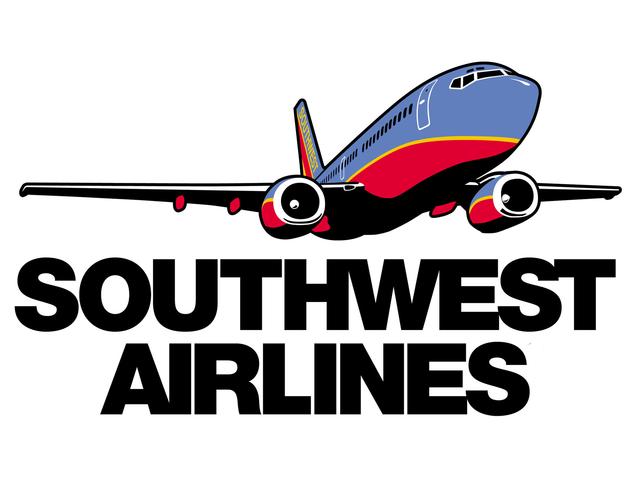
Top Class Action Lawsuits
Bad Beneficial! Heads up Beneficial West Virginia Insurance Policy Holders—yup—it’s a bad faith insurance class action lawsuit. This one filed against Beneficial West Virginia Inc, and Household Insurance Co, by two policy holders. Denzil and Cathy Shaw allege they are owed payments under the terms of their credit-disability insurance policy.
The Shaws state in their Beneficial West class action complaint that they submitted a claim to their insurer in October 2009, when Denzil Shaw became permanently disabled. They ha
d purchased the disability policy through Beneficial, and it was issued by Household Insurance. The lawsuit contends that the Shaw’s policy states that if either of the plaintiffs become disabled during the mortgage term, their mortgage would be paid for a period up to 180 months. The lawsuit states that the Shaw’s mor
tgage payments were paid through the policy until they received a letter stating the payments would stop in December 2012, which is in violation of the policy-stipulated 180 months.
The lawsuit claims that the defendants are in breach of contract, consumer credit and protection act, unfair claims settlement practices act, failure to disclose and first-party insurance bad faith.
Top Settlements
The Settlement Fund will be divided equally among all Class Members (after fees and costs are deducted), who timely submit a valid Claim Form and do not exclude themselves from the settlement. It is estimated that approximately $1,132,053 will be available to be divided among Class Members who timely submit a valid Claim Form. Based on claims rates in other cases, the range of expected recovery per Class Member who submits a valid Claim Form is estimated at between $25 and $200. This is only an estimate. The actual amount paid out will depend on the number of Class Members who submit valid Claim Forms. Printing Error? SouthWest has agreed to pay $1.8 million in settlement of a class action lawsuit concerning allegations it “willfully” violated the Fair and Accurate Credit Reporting Act (FACTA) by printing the expiration date on customers’ credit or debit card receipts at airport ticket counters between October 17, 2007 and October 30, 2012 or at cargo counters between October 17, 2007 and January 25, 2013. Got all that? Did you even know SouthWest was doing this?
If you made a non-business related credit or debit card purchase or transaction at a Southwest Airlines Co. airport ticket counter between October 17, 2007 and October 30, 2012 or a cargo counter between October 17, 2007 and January 25, 2013 and received a printed receipt, you may be entitled to benefits as part of a class action settlement.
Wait—there’s more—a settlement has been proposed in two related class action lawsuits alleging that Southwest Airlines Co. willfully printed credit card and debit card expiration dates on certain customer receipts. The settlement will provide benefits to any Class member who used a credit or debit card to make an individual, non-business related purchase or transaction at a Southwest airport ticket counter between October 17, 2007 and October 30, 2012 or a cargo counter between October 17, 2007 and January 25, 2013 and received a printed receipt.
To get the whole picture and for information on downloading and submitting claim forms, visit: www.SouthwestFACTASettlement.com, or write to Southwest Airlines Co. Settlement Administrator, P.O. Box 3059, Faribault, MN 55021-2659.
Google to pay for Oogles —sorry that’s Ogles… to the tune of $17 million. A settlement has reportedly been reached in an Internet privacy class action lawsuit pending against Google Inc. The lawsuit concerns allegations that Google and another three online companies circumvented default privacy settings on Apple’s Safari web browser, for the purposes of placing tracking cookies without consumers’ knowledge. Oh that my Internet practices were that interesting!
Nevertheless, “Consumers should be able to know whether there are other eyes surfing the web with them,” New York Attorney General Eric Schneiderman said. Well, preferably, no other eyes.
As part of the Google settlement, Google has not admitted to any wrongdoing and stressed that they had “taken steps to remove the ad cookies, which collected no personal information from Apple’s browsers.” Other terms of the settlement reportedly stipulate that Google honor default privacy settings on web browsers. Google will also “provide a separate stand-alone page or pages on the Google.com domain designed to give information to users about Cookies (the “Cookie Page).”
“Google shall maintain systems configured to instruct Safari brand web browsers to expire any Cookie placed from the doubleclick.net domain by Google through February 15, 2012 if those systems encounter such a Cookie, with the exception of the DoubleClick opt-out Cookie. Such systems shall remain in place until Feb. 15, 2014, at which time all Cookies placed from the doubleclick.net domain by Google on Safari brand web Browsers through Feb. 15, 2012 should have expired by design,” the settlement states.
The $17 million settlement fund is set to be split among each of the Attorneys General who filed against Google, in amount yet to be designated. The states are listed as beneficiaries of the settlement are: Alabama, Arizona, Arkansas, California, Connecticut, Florida, Illinois, Indiana, Iowa, Kansas, Kentucky, Maine, Maryland, Massachusetts, Michigan, Minnesota, Mississippi, Nebraska, Nevada, New Jersey, New Mexico, New York, North Carolina, North Dakota, Ohio, Oklahoma, Oregon, pennsylvania, Rhode Island, South Carolina, South Dakota, Tennessee, Texas, Vermont, Virginia, Washington and Wisconsin, and District of Columbia. Umm.
Ok Folks, That’s all for this week. Happy Thanksgiving!
